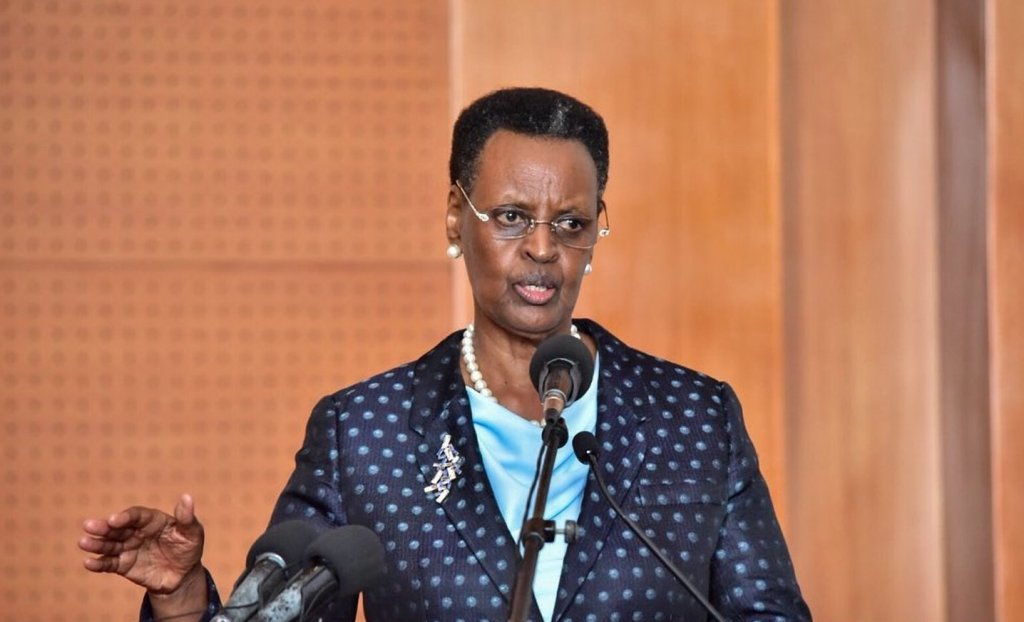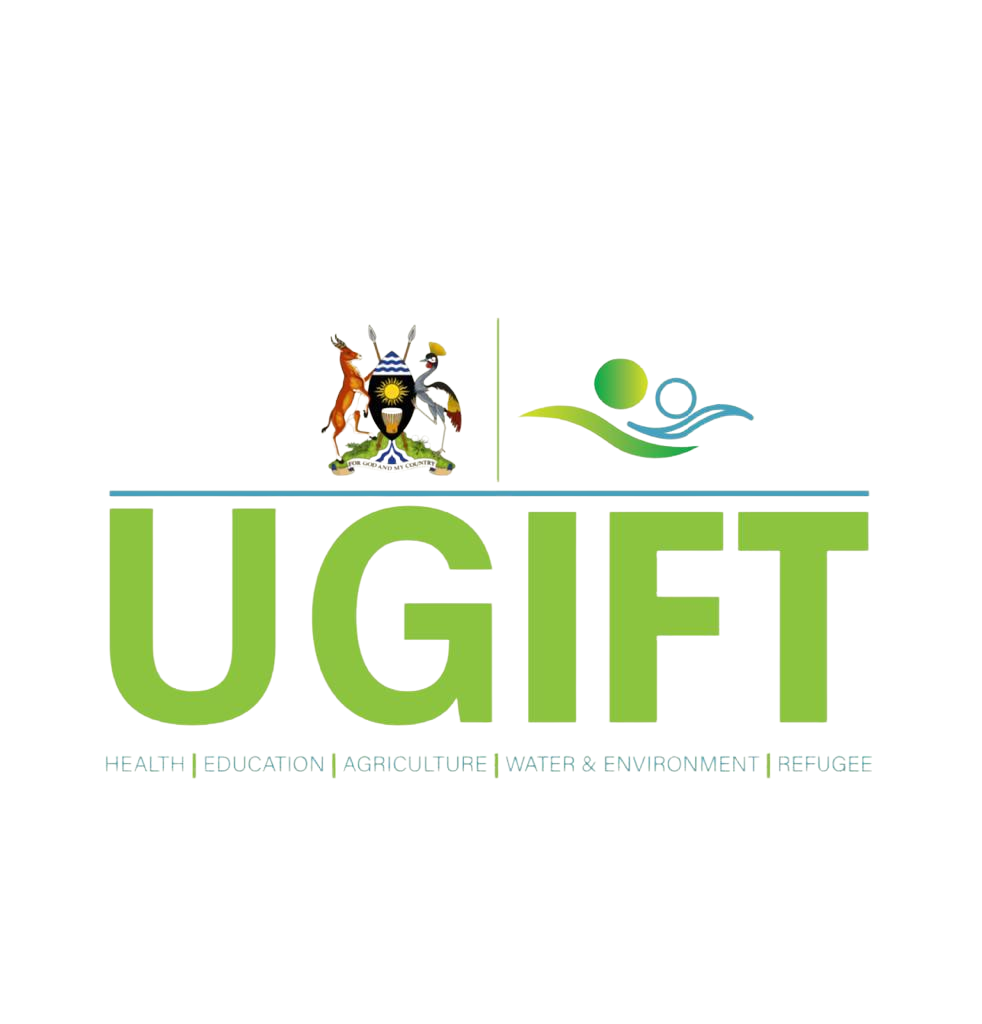The core goal of the Ministry of Education and sports is to equip learners/students/trainees with relevant knowledge and skills necessary for socio-economic transformation and development.
According to the minister of Education and sports Mrs Janet Museveni, sustainable Development Goal No.4 provides for inclusive and quality education for all and promote lifelong learning and that this is in tandem with the sector’s core mandate.
In her report card presented 13 May at the programme for manifesto week at the president Auditorium from 2016/17 Financial Year-to-date, Mrs Janet said the sector has built 256 new classrooms at primary schools in 45 districts and refurbished 92 others.
She revealed that another 23 primary schools are earmarked for government grant aiding in 2019/20 Financial Year, during which Education ministry is budgeted to get Shs3.3 trillion.
“And this if approved by Parliament, will reflect an increase in the ministry’s allocation by Shs1.1 trillion since President Museveni was sworn in for his fifth term in 2016,” said Mrs Museveni.
“Due to budgetary limitations, we have not been able to grant-aid any primary schools since July 2016 but we have managed to construct a total of 103 two-bedroomed houses for teachers across the country,” Ms Museveni added.
She noted that more than 1,100 parishes across the country and 428 sub-counties remain without public primary schools and public secondary schools, respectively, while the ministry has suspended its ambitious plan to construct technical/vocational institute in each constituency.
“As a sector, we realised that the commitment of providing a technical/vocational institute per constituency could not be realised in the medium term because the existing similar institutions are largely understaffed, under-enrolled and under-equipped,” said Mrs. Museveni.
She explained that as a ministry they have prioritised operationalisation of the existing BTVET institutions by rehabilitating, expanding, equipping and staffing them and that in the last three years, 28 various categories of BTVET institutions have been renovated, expanded and equipped.

She said whereas the ministry’s wage bill for primary school teachers is projected to increase to Shs921.7b next financial year, up from Shs239b in 2015/16, there will be no pay raise for the teachers because of a 2016/17 salary enhancement they received “put them above the pay targets in the pay policy approved by Cabinet”.
She said further that a primary school headteacher takes home Shs588, 359 monthly while a Grade III teacher pockets Shs469,355, up from Shs280,000 they earned before the salary enhancement.
She explained that consultations were ongoing after the Special Needs and Inclusive policy was merged with the Non-formal education policy to create a National Inclusive Education Policy.
She revealed that during the three years, the NRM government has facilitated 1,600 children with hearing impairments with hearing devices.
In the secondary school sub-sector under the Uganda inter-government fiscal transfers for results programme [UGIFT], she said 117 sub-counties without a public secondary school received funds in FY 2018/19 to construct new seed schools and that an additional 115 new seed secondary schools shall be constructed in the FY 2020/21.
She, however, noted that despite the achievements, the ministry is still grappling with problems of dilapidated infrastructure at schools and a high enrolment that outstrips available facilities and teachers.
Achieving the gender parity dream
She said with increasing evidence that educating girls can catapult development 50-fold, there is a spirited campaign to have parents accord equal chances to education for both the girls and boys.
“And it is against this background that the NRM government put more emphasis on women’s empowerment,” said Mrs Museveni.
Students’ loan scheme to boost tertiary education in Uganda
She revealed that it is now clear that of the 45,000 students joining university every year, only 9% are sponsored by the Government, a few are enrolled under the district quota scheme while some qualify for State House scholarship programmes.
She revealed that after realising the challenge of illiteracy to economic development, the Government through the Ministry of Education and Sports has initiated the students’ loan scheme as a new strategy for educating Ugandan students who have qualified for higher education but are unable to support themselves financially.
The loan, that currently covers tuition fees, functional fees and research fees mainly, is intended to increase equitable access to technical education, to ensure regional balance in higher education services and support.
The next two years
Going forward, the Government would like to consolidate the gains that have been made in the many years of NRM’s strategic objectives.
Survey on schooling in Uganda;
A 2017 survey Sauti wa Wananchi by Twaweza, a non-governmental organisation, indicates that 14 per cent of parents blame excessive school requirements as the major problem hindering education, while 12 per cent think it is the distance to school and another 12 per cent blame it on lack of teachers. The same report also says 46 per cent of parents do not speak out on the problems they see whenever they visit schools, with only 26 per cent speaking to the head teachers.
This story appeared on the PM Daily Website

